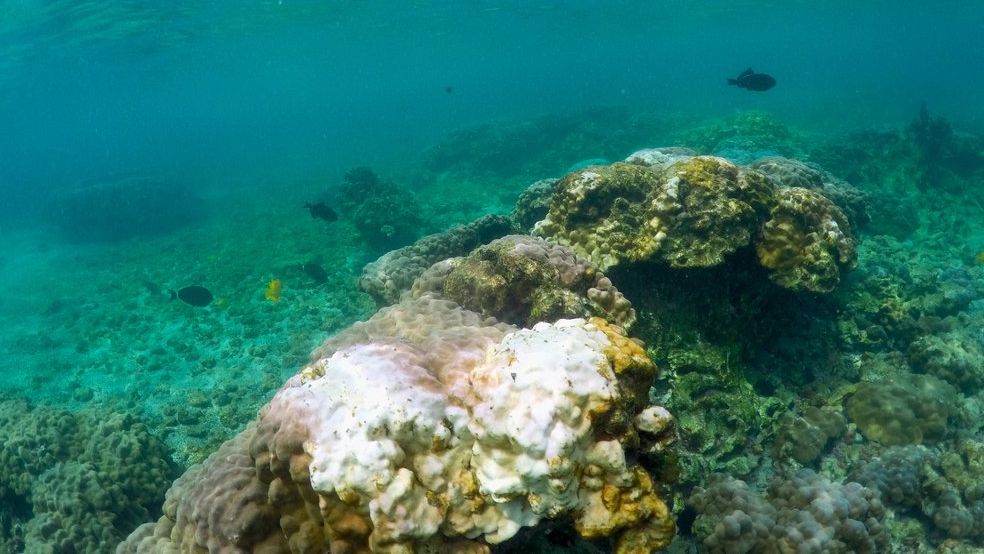U.S. Sen. Mazie Hirono and Rep. Ed Case, both D-Hawaii, introduced bipartisan, bicameral legislation Wednesday to protect coral reef ecosystems in Hawaii and nationwide from climate change, pollution and direct damage from humans.
The Coral Reef Sustainability Through Innovation Act was introduced during National Corals Week.
The measure directs federal agencies that are part of the U.S. Coral Reef Task Force to establish coral health prize competitions to inspire innovative solutions to preserve, sustain and restore coral reef ecosystems at no cost to taxpayers.
The measure is included within the National Defense Authorization Act along with another coral reef protection measure authored by U.S. Brian Schatz, D-Hawaii.
“Coral reefs are vital to Hawaii’s environment, providing a rich habitat for marine life while helping to protect our coastlines and prevent flooding,” Hirono said. “Decades of pollution and ocean warming caused by climate change have left corals in Hawaii and around the world at risk of extinction. As we work to protect and restore coral reef ecosystems, this legislation will help incentivize innovation and inspire creative solutions to protect coral reefs, at no cost to taxpayers. I’ll continue fighting to protect Hawaii’s coral reefs and all of our natural resources for generations to come.”
Case noted that while coral reef ecosystems provide the greatest biological diversity of all ecosystem types in the world, warming ocean temperatures are causing mass bleaching events, which render coral more susceptible to disease.
“Prize competitions that encourage public-private partnerships have an established record of jump-starting innovation to address our most complicated challenges,” Case said. “This measure will follow that model in determining the best solutions to the threats to our coral reef ecosystems and integrating them into our federal ocean management policy.”
The lawmakers cited a 2019 U.S. Geological Survey that estimated the flood protection value of coral reefs in Hawaii alone at $836 million annually. A 2011 study published by the National Oceanic and Atmospheric Administration estimated the total economic value of Hawaii coral reefs to the American people to be $33.57 billion.
The legislation would allow any agency on the U.S. Coral Reef Task Force to award competitive prizes to advance the ability to preserve, sustain, and restore coral reef ecosystems; use already appropriated money to fund prize purses; and work with private nonprofits to contribute to prize purses and administer competitions.
The bill was co-sponsored by Sens. Hirono; Tom Carper, D-Del.; Edward J. Markey, D-Mass.; and Jeff Merkley, D-Ore.; and Reps. Case; Suzanne Bonamici, D-Ore.; Jimmy Panetta, D-Calif.; Debbie Wasserman Schultz, D-Fla.; Brian Fitzpatrick; R-Pa.; and Jennifer Gonzalez Colon, R-Puerto Rico.
Michael Tsai covers local and state politics for Spectrum News Hawaii.



